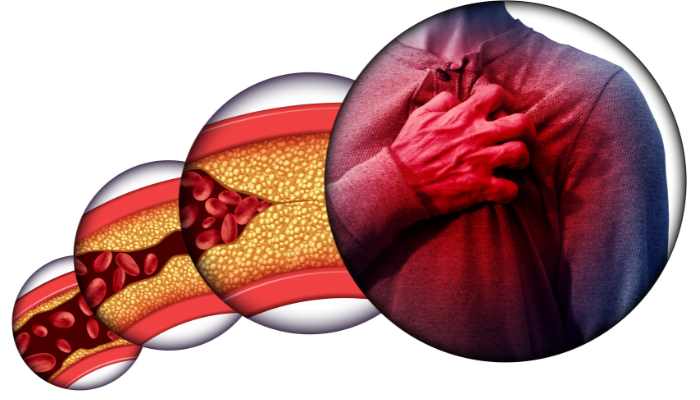Eating the right foods is essential for maintaining a healthy heart. A balanced, heart-friendly diet can reduce the risk of heart disease, improve circulation, and enhance overall well-being. This guide highlights the best heart-healthy foods and lifestyle tips to keep your heart in top condition.
Heart Disease Symptoms You Shouldn’t Ignore
Recognizing early symptoms of heart issues can help you take action before complications arise:
- Shortness of breath
- Chest pain or discomfort
- Irregular heartbeat
- Swelling in the legs, ankles, or feet
- Fatigue and weakness
- Dizziness or lightheadedness
If you experience these symptoms, consult a doctor immediately. You can get instant online doctor consultation for quick medical advice.
What Causes Heart Disease? Key Risk Factors to Avoid
Several lifestyle choices and conditions contribute to heart problems:
- Unhealthy diet high in saturated fats, cholesterol, and sodium
- Lack of physical activity, leading to weight gain and poor cardiovascular health
- Smoking, which damages blood vessels and increases heart disease risk
- Excessive alcohol consumption, which raises blood pressure
- Chronic stress, which negatively impacts heart health
Making small changes in daily habits can significantly lower heart disease risk.
Top Heart-Healthy Foods to Include in Your Diet
Adding nutrient-rich foods to your meals supports a strong cardiovascular system:
1. Fruits and Vegetables
- Berries: Blueberries, strawberries, and raspberries are packed with antioxidants that reduce inflammation.
- Leafy Greens: Spinach, kale, and Swiss chard contain vitamins, minerals, and antioxidants essential for heart health.
- Citrus Fruits: Oranges, grapefruits, and lemons provide vitamin C and fiber, helping to lower cholesterol levels.
2. Whole Grains
- Oats: Rich in fiber, oats help lower bad cholesterol (LDL) levels.
- Whole Wheat Bread: Provides fiber and essential nutrients that support cardiovascular health.
- Quinoa and Brown Rice: Great alternatives to refined grains, supplying vital nutrients and energy.
3. Healthy Fats
- Avocados: High in monounsaturated fats that improve cholesterol levels.
- Nuts and Seeds: Almonds, walnuts, chia seeds, and flaxseeds contain heart-protecting fiber and omega-3 fatty acids.
- Olive Oil: A healthy substitute for butter and processed cooking oils.
4. Lean Proteins
- Fatty Fish: Salmon, mackerel, and sardines are rich in omega-3 fatty acids, reducing inflammation and supporting heart function.
- Legumes: Chickpeas, lentils, and beans are excellent plant-based sources of protein and fiber.
- Skinless Poultry: Chicken and turkey offer lean protein without excess saturated fats.
Final Thoughts
A heart-healthy lifestyle includes a nutritious diet, regular exercise, stress management, and avoiding harmful habits. If you have an existing condition, regular medical check-ups and medications are crucial. Recognizing symptoms and taking preventive measures can significantly improve your heart health and overall well-being.
By incorporating these strategies, you can lead a healthier life and reduce the risk of heart disease.




